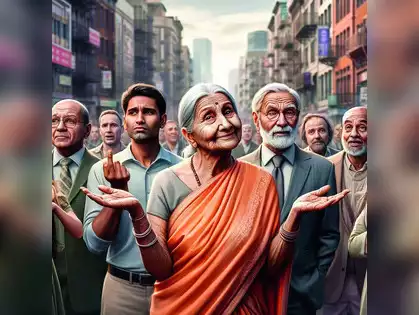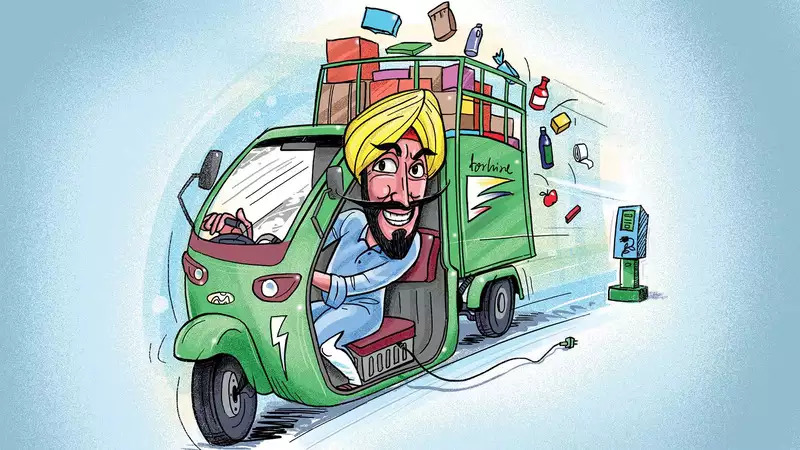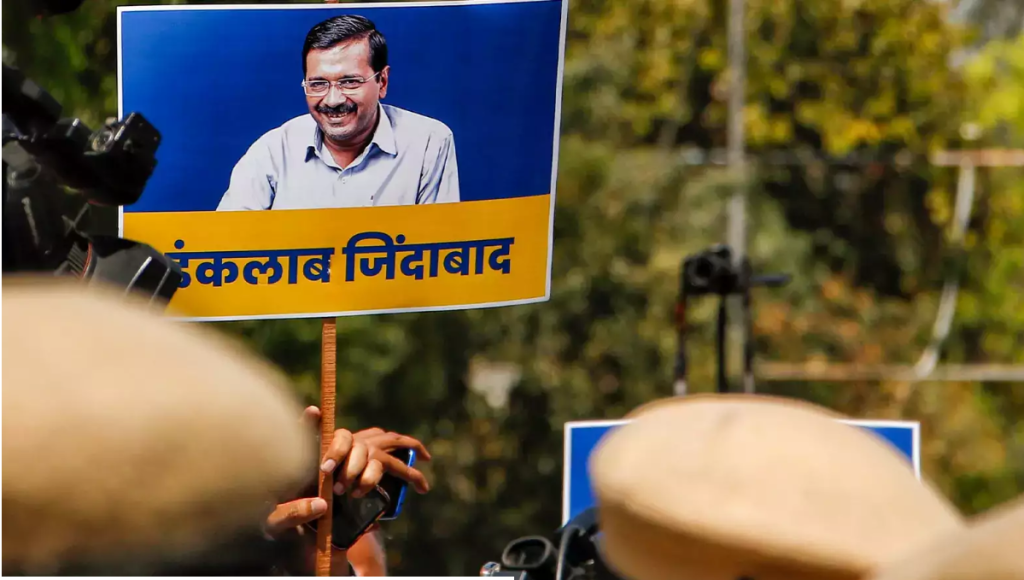Talking is always better than shooting. So I welcome the amicable Musharraf-Manmohan summit, and the Srinagar-Muzzafarabad bus service. Yet I believe that both are irrelevant to peace in Kashmir.
From 1984 to 1992, terrorism was worse in Punjab than currently in Kashmir. Khalistani militants sat in training camps in Pakistan. The Army and Central rule failed miserably to check terror. Then in 1992 a new Chief Minister got a free hand from New Delhi, and gave a free hand to police chief KPS Gill. Terrorism ended within 18 months.
This needed no negotiations or summits with Pakistan, no confidence building measures or cease-fires, no bombing or dismantling of training camps in Pakistan. It was achieved without friendship buses or Track II talks.
It was achieved by a determined, empowered Chief Minister and police. When the Punjab militancy began, most intellectuals said it could not be treated as a law and order problem. They suggested several other approaches (let the Akalis rule, fix the Akal Takht chief, create more jobs for unemployed Sikh youths, apologise to heal the wounded Sikh psyche, suspend policemen/soldiers for human rights abuses). All these approaches failed.
Now, these other approaches were not nonsense. They all had some force. But they paled in comparison with providing basic order and lifting fear of militancy. Once that was done, the supposed sympathy for terrorists, wounded Sikh psyche and youth unemployment were exposed as minor issues. Crushing terrorism entailed human rights abuses by the police, but these ended far worse human rights abuses by militants.
Kashmir is not Punjab, yet there are many similarities. In Kashmir, as in Punjab, the Army and Central rule failed to end militancy. In both cases militants found safe havens among the local population, out of fear and sympathy. So, in both cases, a few thousand gunmen withstand lakhs of soldiers.
The Army is simply not suited to tackle civil militancy. It is trained to fight wars, not insurrections where it is difficult to distinguish civilians from the enemy. Soldiers and para-military forces have no detailed knowledge of local geography or people. By contrast, a well-trained police force has intimate knowledge of local geography and people, has informers and channels of communication, and can quickly identify when and where to strike. This is why the Punjab Police succeeded where the Army failed.
Neither I nor anybody else knows how and when peace will return to Kashmir. But I am sure it will happen only when a committed Kashmiri Chief Minister with a committed, well-trained police force takes on the militants. It will not be achieved by the Army. It will not be achieved by talking to Pakistan or sending buses to Muzzafarabad.
Indeed, I am amazed that the bus has created such euphoria. Dozens of politicians who dared contest the Kashmir municipal elections in February were killed or injured. The basic right to contest elections without fear does not exist in Kashmir. In earlier times, militants could retire in peace. Now they are gunned down mercilessly by their old compatriots (Majid Dar, Kuka Parrey are examples). The bus will not change this.
An illusion created by summits and bus diplomacy is that Pakistan is a key player in the issue. That, to my mind, is a false premise. When Sheikh Abdullah became Chief Minister after the state\’s first democratic election in 1977, Srinagar and New Delhi were at peace. Once that happened, Islamabad had no role, no say. It did not give up its claims, yet could do nothing to pursue them. It could not create militants.
Then alas, militancy was created in 1987 by the stupidities on New Delhi. The Congress Party toppled National Conference Chief Minister Farooq Abdullah in 1984. Rajiv Gandhi told him bluntly that Kashmir had to be ruled in conjunction with the ruling party in New Delhi. Abdullah became a classic quisling, and subsequently joined hands with whosoever ruled in Delhi (even the BJP).He and Rajiv rigged the 1987 state election, convincing many Kashmiris that Indian democracy was a hoax and only militancy could yield genuine freedom.
Thus it was New Delhi, not Islamabad, that created the problem. Pakistan gave full support to Kashmiri militants, as it had earlier to Sikh militants. But it did not cause the Kashmir insurrection, and cannot solve it either. Pakistan will stop aiding militants only when there are none left to aid. Regardless of Musharraf’s inclinations, the Pakistani polity cannot sit idle if militancy has a home-grown presence in Kashmir.
That is why summits with and buses to Pakistan, while desirable in themselves, are irrelevant to ending terrorism. It can be ended only by a fully democratic Kashmir, Chief Ministers that have no fear of being toppled by New Delhi, and a top-flight Kashmir police. If this combination fails, nothing will succeed.




